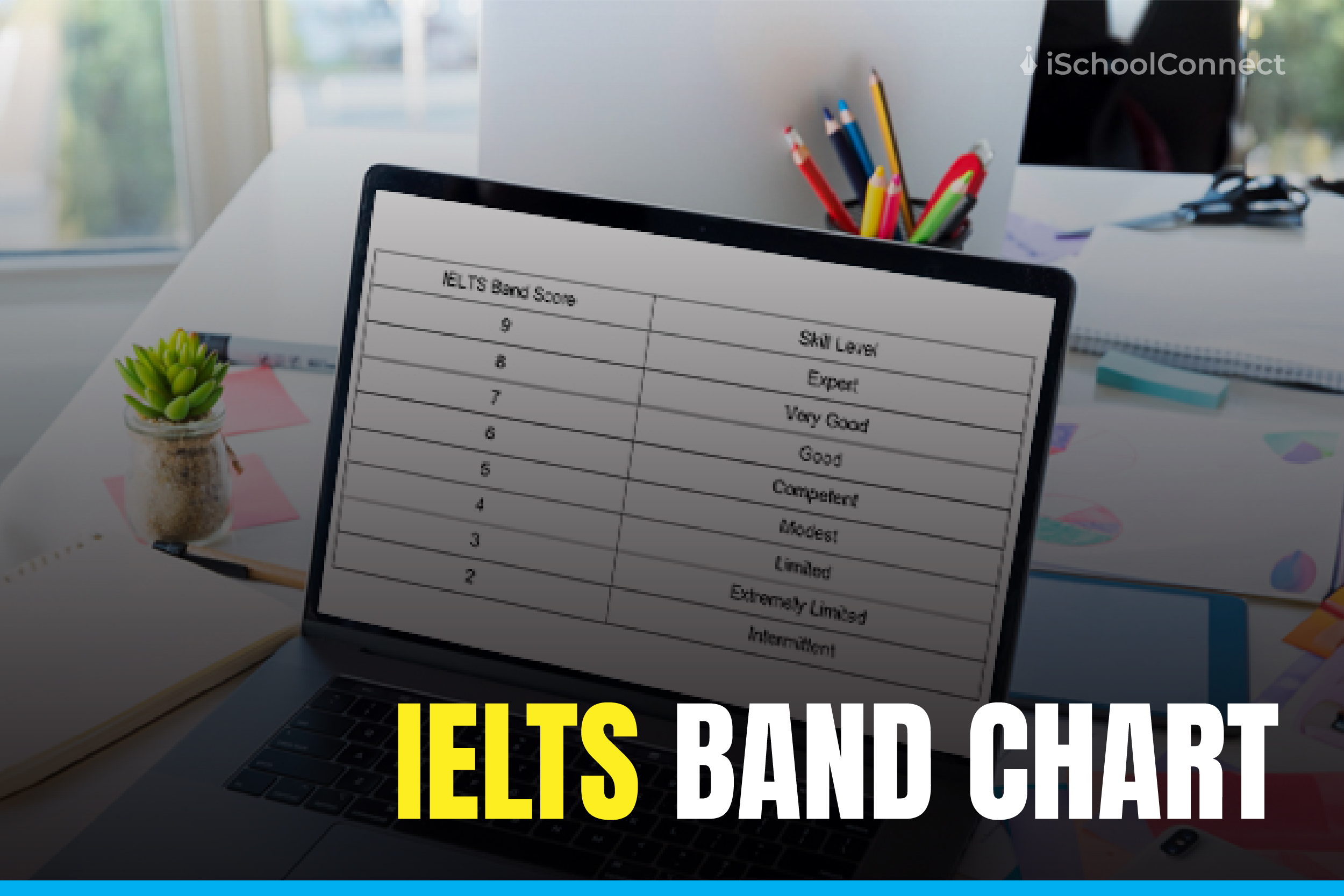Table of Contents
The British Council IELTS exam is the world’s most popular English language test for people interested in higher education, work, or migration to an English-speaking country. Studying for your IELTS exam can be a daunting task. It’s important that you are aware of what to expect so that you can be well-prepared for the exam. The best thing you can do to prepare for your IELTS exam is to start early. This way, you will have enough time to prepare and improve your skills in each area of the exam.
British Council IELTS | Exam structure
The format of the IELTS test is changing to reflect the way students learn. The main change is that there will be a larger focus on reading and listening tasks, which are now more complex and challenging. This means that candidates will need to develop their skills in these areas.
The IELTS exam is of two types- Academic IELTS and General IELTS. There are four components to both variations of the test: reading, writing, speaking, and listening. Each component is assessed on a nine-band scale, from zero (minimum) to nine (maximum). You take the identical Listening and Speaking tests for Academic and General British Council IELTS but different Reading and Writing tests.
The listening section has 40 questions and lasts for about 30 minutes. You will get an additional 10 minutes to transfer your answer if you choose the pen and paper IELTS exam. Following this, you will have a 60-minute long read exam, also consisting of 40 questions. The last section is the written exam, which consists of 2 tasks and lasts for 60 minutes. The speaking exam is about 15 minutes long, but it is conducted about a week before or after the other three sections.
- The listening section tests your ability to understand spoken English. The questions are usually in the form of conversations between two people. You need to listen carefully, concentrate and take notes as you listen.
- The reading section tests your ability to read texts that have been written for university students. It’s important that you have a wide range of vocabulary so that you can understand the different meanings of words in context.
- In the first task of the Academic IELTS writing section, you will be given a diagram, graph, table, or chart and asked to describe, summarize, or explain the data in your own words. The second task entails writing an essay in response to an argument, a point of view, or a problem. Both tasks have to be written in a formal manner. In the General IELTS exam, the first task requires you to create a letter in which you request information or explain a particular situation. The letter can be written in a formal, semi-formal, or informal tone. Task 2 entails writing an essay in response to an argument, a point of view, or a problem. The essay’s style can be personal.
- Finally, there is a speaking test where you will be asked questions by two interviewers who are native speakers of English. You must answer their questions clearly and politely but also with confidence so that they don’t feel embarrassed by their inability to understand what you’re saying!

British Council IELTS | Helpful tips
British Council IELTS is the most popular language proficiency test for English in the world. The British Council is responsible for the development and delivery of IELTS, as well as for its administration and scoring.
The British Council offers a range of preparation options for IELTS, from a free online practice test to one-to-one tutorials. However, if you haven’t done any preparation yet and you’re worried about your upcoming exam date, here are six tips that can help you:
Take multiple practice tests
As with any exam, it’s important to practice as much as possible before taking the real test. Taking multiple practice tests will give you a sense of what the actual test will be like — and it’ll help you identify areas that need improvement so that you can focus your studying on them.
Make sure you take a full-length mock exam under exam conditions at an official testing center where possible so that you know what it’s like when sitting down for two hours at a desk with no interruptions or distractions (other than those provided by the exam itself).
Use assertive English terms when writing
When you are writing, you need to use assertive language. This means that you should use words that show that you know what you are talking about. Additionally, avoid using passive voice. The passive voice is a very common mistake in essays. The problem with using this type of sentence structure is that it leaves out who is responsible for an action taking place. In order to avoid this, make sure that you start every sentence with an active verb. For example, instead of saying, “It was found that…” say, “We found…” or “We discovered…” This will ensure that your essay sounds more professional and makes it easier for your reader to understand what is going on in the text.
Be mindful of the time constraints
IELTS tests your ability to understand and use English at a higher level than in everyday situations, so most of the questions are academic in nature. You’ll need to think carefully about each answer and spend time reading the texts and listening to the audio recordings.
Because of this, it’s important that you don’t rush through any part of the exam — even if you think you know what’s coming next or if there’s a lot of time left on the clock. IELTS is scored by giving equal weight to both accuracy and fluency, so taking your time will help you achieve a better mark overall.
Know your strengths and weaknesses
If you know what kind of questions you get wrong most frequently, then it’s easier to make sure that you spend more time on those areas in your preparation. For example, if you struggle with reading comprehension, then make sure that you practice reading passages and answering questions about them as much as possible.
Multitask when listening in English
You can take notes, but do not write down everything that is said. Listen carefully to the questions and answers, but also pay attention to what is being said around you. If you have a question or comment, raise your hand as soon as you can. If you feel nervous or uncomfortable with speaking in front of others, practice saying things out loud. Do this at home in private and then in front of a friend or family member.
Develop a wide range of reading skills
Reading is one of the most important parts of the IELTS exam. You will have to read texts in a variety of ways: interpreting graphs, tables, charts, and maps; understanding the argument in an essay or article; reading through summaries and resumes; reading instructions; and so on. This means that it is important to develop a wide range of reading skills and practice them regularly before taking your exam.
To do so, read newspapers, magazines, and books from different genres (fiction, non-fiction). Don’t forget about newspapers from different countries too! Practice reading quickly and comprehending questions about articles in newspapers that can be found online easily.
Key takeaways
- Preparing for British Council IELTS takes time and effort. You need a well-prepared strategy while preparing so that you can tick off all sections.
- Practice by solving sample papers, past year question papers, reading various materials, etc.
- Using strong, assertive words when writing improves your writing ability and, thus, your score.
Wrapping up and preparing for British Council IELTS requires a high level of proficiency in English. Even if you are fluent in English, you need to prepare as per the format and strategies for the exam. Practice for the exam with the help of extensive reading, listening to various interviews and shows, etc. You can visit our website to learn more!
Like this post? Read: IELTS speaking topics 2021 | Score 8+ using these 5 answering tips
FAQs
Question 1: Are three months of preparation enough for IELTS?
Answer 1: 3 months should be enough time to prepare for the exam. But if you want to get a high score (above 7), it will take longer than this.
Question 2: How many times can I give IELTS?
Answer 2: The number of times you can take the IELTS test depends on the country you are applying to.
Question 3: Which part of IELTS is most difficult?
Answer 3: The speaking section of IELTS can be the most challenging part for some people. This is because it involves a lot more than just speaking – you also have to think about what you are going to say, how you are going to say it, and whether or not you need to use any notes.






